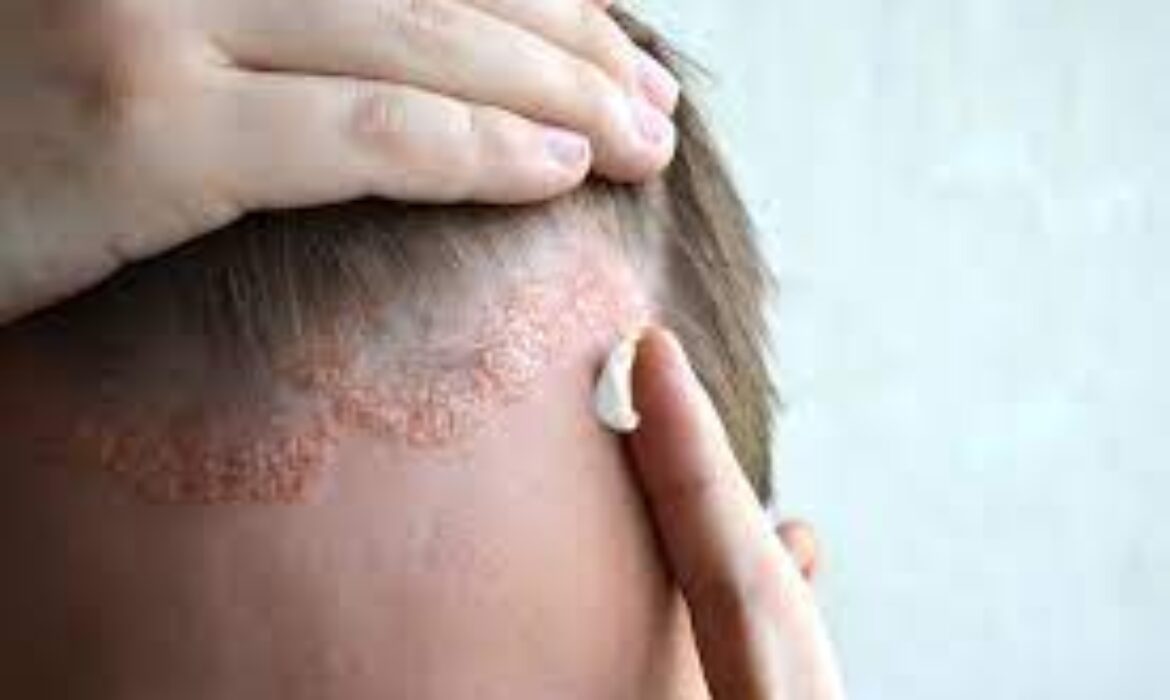
Are you struggling with scalp psoriasis? Does your condition worsen with seasonal changes? Understanding how to manage scalp psoriasis throughout the year can make a significant difference.
How Do Seasonal Changes Affect Scalp Psoriasis?
Seasonal changes can influence scalp psoriasis. Cold weather can dry out the skin, making symptoms worse. In contrast, warmer weather might provide some relief. Knowing how to adjust your scalp psoriasis treatment routine is crucial.
Winter Care Tips for Scalp Psoriasis
Winter can be harsh on your crown area, often exacerbating psoriasis symptoms. To combat dryness, it’s crucial to moisturise regularly using a heavy, hydrating moisturiser. Adding a humidifier to your home can help maintain moisture in the air, preventing your crown area from drying out. Avoid hot showers, as they strip natural oils from your crown area. Wear a hat to protect against the cold, but ensure it’s not too tight to prevent irritation.
Spring Care Tips for Scalp Psoriasis
Spring brings relief but also challenges like allergies. Here’s how to manage:
-
Manage Allergies:
Treat seasonal allergies to prevent flare-ups. Allergies can exacerbate psoriasis symptoms, so taking antihistamines or other allergy medications as prescribed is essential. Closing windows on high pollen days can help reduce exposure.
-
Stay Hydrated:
Hydration is vital to maintaining skin health and preventing dryness. Aim for at least eight glasses of water a day to keep your crown area and body well-hydrated.
-
Lighten Hair Products:
Use lighter products to avoid buildup with increased humidity. Opt for lightweight, non-comedogenic formulations to prevent weighing down your hair and irritating your scalp. Look for hair care products labeled as “lightweight” or “for sensitive scalp.”
-
Scalp Cleansing:
Ensure thorough but gentle cleansing to remove pollen and dirt. Use a mild shampoo to wash away allergens without irritating your crown area. Consider rinsing your hair with lukewarm water after being outdoors to remove any lingering pollen.
Summer Care Tips for Scalp Psoriasis
Summer can be a relief for some. Here’s how to take advantage of it:
-
Get Some Sun
Short periods of sun exposure can help manage psoriasis symptoms by reducing inflammation. Sunlight can boost vitamin D levels, which is beneficial for skin health. However, avoiding prolonged exposure is crucial to prevent sunburn and potential skin damage.
-
Stay Hydrated
A well-hydrated skin is less likely to become dry and irritated. Proper hydration maintains overall skin health and alleviates psoriasis symptoms. Additionally, drink herbal teas and eat water-rich fruits and vegetables to boost hydration.
-
Choose Lightweight Hats
If you wear a hat, ensure it’s breathable to prevent sweat and heat buildup, which can irritate the crown area. Lightweight, natural materials like cotton or straw are ideal choices. Avoid tight-fitting hats as they can cause friction and worsen psoriasis symptoms.
-
Use Sunscreen
Protect your crown area from UV rays with sunscreen spray, especially if your hair is thin or if you have bald spots. Choose the best sunscreen with at least SPF 30 for optimal protection. Reapply frequently, especially during prolonged outdoor activities.
Fall Care Tips for Scalp Psoriasis
Fall can bring about changes that affect your crown area. As temperatures drop, it is essential to moisturise more frequently to combat dryness. Avoid excessive heaters, as they can dry out the air; use a humidifier to maintain moisture levels. Wearing comfortable hats can protect your crown area from the cold without irritating it. Use gentle hair products to avoid further irritation to your crown area.
Proper scalp psoriasis treatment can help you manage this condition effectively throughout the year. Managing scalp psoriasis requires adjusting to seasonal changes. By following these tips, you can help control your symptoms. Moisturise in winter, manage allergies in spring, stay hydrated in summer, and avoid dry air in fall. Always consider your hair care routine and make healthy lifestyle choices. If symptoms persist, consult a healthcare professional.



